Virtual Charter Schools Are Booming, Despite A Checkered Reputation
Enlarge this image
A mother works from home while her son attends school remotely in an arranged photograph taken in Miami in September.
Jayme Gershen/Bloomberg via Getty Images
hide caption
toggle caption
Jayme Gershen/Bloomberg via Getty Images
NPR Ed
Inside The Virtual Schools Lobby: ‘I Trust Parents’
Epic has denied most of the allegations. But they’ve run out of goodwill with regulators like Joy Hofmeister, Oklahoma’s state superintendent of public instruction. «We have a pattern of practice that is unacceptable and has to be changed, Hofmeister says.
«Epic needs to be held accountable. All public schools need to be held accountable.
Now, a special counsel is investigating possible criminal wrongdoing. And the state school board is trying to claw back $11.2 million in public funding.
But because of its business structure, investigating Epic has been a challenge. The state says Epic has withheld financial records from investigators, while the school argues its for-profit management company doesn’t have to share that information — Epic attorney Bill Hickman says it never has in the past.
«And nobody told us that was wrong. Nobody told us we couldn’t do that, he said at a recent school board meeting.
Bumps in the road
Epic isn’t the only virtual charter company to stumble publicly this school year. Miami-Dade County Public Schools, the nation’s fourth largest district, awarded K12 Inc. a $15.3 million no-bid contract to power its virtual learning platform this fall, before school buildings reopened there. But there were so many technical glitches that the district fired K12 Inc. after only a couple of weeks. School records provided to WLRN in Miami show thousands of students left the district during that period.
«We have had our bumps in the road. We’ve made some mistakes, says Kevin Chavous, K12 Inc.’s president of academics, policy and schools.
The persistent problems with the «corporate-model virtual charters, as critics like Gary Miron see it, come down to their business model and incentives. He says they spend their money on marketing to parents and lobbying lawmakers, not on education.
We have had our bumps in the road. We’ve made some mistakes.
Kevin Chavous, K12 Inc.
For example, Miron has documented ratios of as many as 100 students per teacher. He says a special education teacher at one school «showed me a screenshot from her computer to show how many kids that she has. And I just said, ‘Hey, that’s impossible. That’s illegal. You can’t have that many — states regulate it.’ And she said, ‘Yep, and I’m quitting.’
When asked about their average teacher-student ratio, K12 Inc. provided NPR not with a number, but with a statement that read in part: «Ratios are determined based on content area, grade levels, and specific student needs, and the educator-to-student ratios in K12-powered schools is similar to levels at traditional brick and mortar schools. Connections Academy told NPR, «On average, ‘class size’ is typically between 30-50.
Virtual charter schools have countered the critics by saying that they meet families’ desire for choice, and that’s been even more true during the pandemic. Epic Charter Schools co-founder Ben Harris told NPR, «I’m glad we are here to make sure they don’t have to choose between a school they don’t think is safe for their child and their child having a quality education. No parent should have to make that choice.
Chavous says families are choosing virtual charters because in the «areas that are most important in terms of administering a robust, meaningful, quality based online learning experience for families, we know what we’re doing. He says parents prefer them for their customized online curriculum and teachers who are specifically trained to use it — many public school districts pivoting to remote learning can’t say the same.
He also says that virtual charter students have tended to underperform because they are lower-performing to begin with. «Only 12% of our first-time-enrolled K-12 students are at grade level, Chavous explains. «That’s been our historical track.
However, research has shown that virtual charter school students, including at K12 Inc., underperform even when their previous learning level is taken into account.
The future of virtual learning
Unprecedented numbers of students have experienced virtual learning last spring and this fall, and some proportion of them will doubtless stick with it going forward. This may include students with ADHD, social anxiety or students who are victims of bullying and discrimination and prefer learning from home.
Coronavirus Updates
A Rising Number Of U.S. Children Have The Option Of In-Person School
Chavous says that the parents signing up for K12 Inc. right now are highly educated and more engaged compared to their previous population of families. «Let me be frank: To keep them, we’d better be on our game. He says they’ve stepped up efforts with things like virtual extracurricular activities and community building among parents.
Meanwhile, Miron is clear that he does believe in virtual learning as a model. In fact, he says, there’s a better alternative to for-profit charters out there — and it’s also growing. He points to state-run «virtual academies that exist in about half of states. They offer millions of public school students, especially high schoolers, the chance to take individual courses online. These academies help students who need to retake a course to graduate, or allow a rural high school to offer a foreign language or an AP course that they otherwise would not be able to offer. Many have full-time online programs as well, and even hybrid models with both in-person and online learning days.
For example, Florida Virtual School, which is state run and has been around since 1997, has both full-time and class-by-class offerings. The school says its students actually do better than the state average on end-of-course exams and Advanced Placement exams. And during the pandemic, its in-state, full-time enrollment has nearly doubled, to 11,000 students.
«I think [families are] choosing us because we’ve done this for a long time, says Courtney Calfee of Florida Virtual School.
Given the increased parent experience with online learning, it’s possible that public school districts will be moved to offer more quality full-time and hybrid options, even beyond the pandemic. But without big changes in state regulations and oversight, whether companies like Epic or K12 Inc. are moved to change their stripes is a whole other question.
Обсудим?
Смотрите также:

